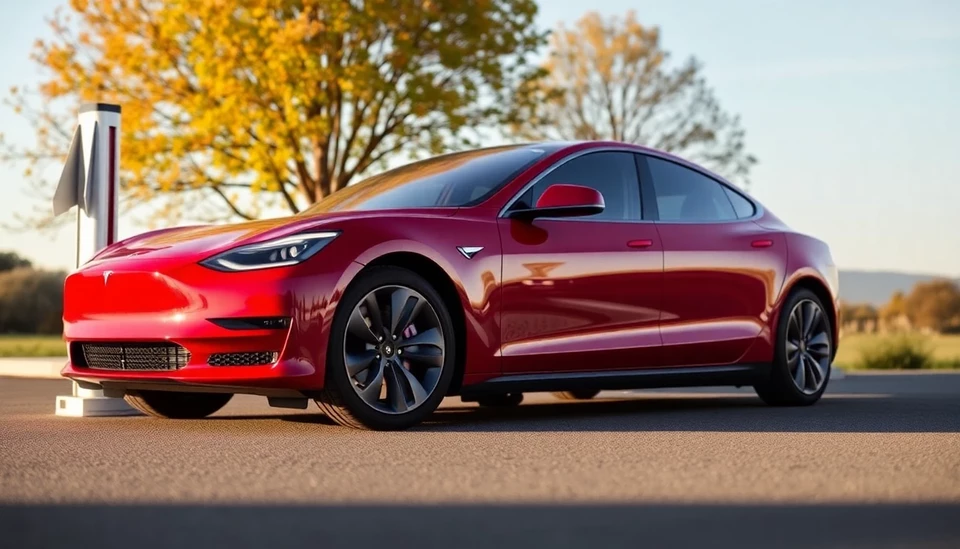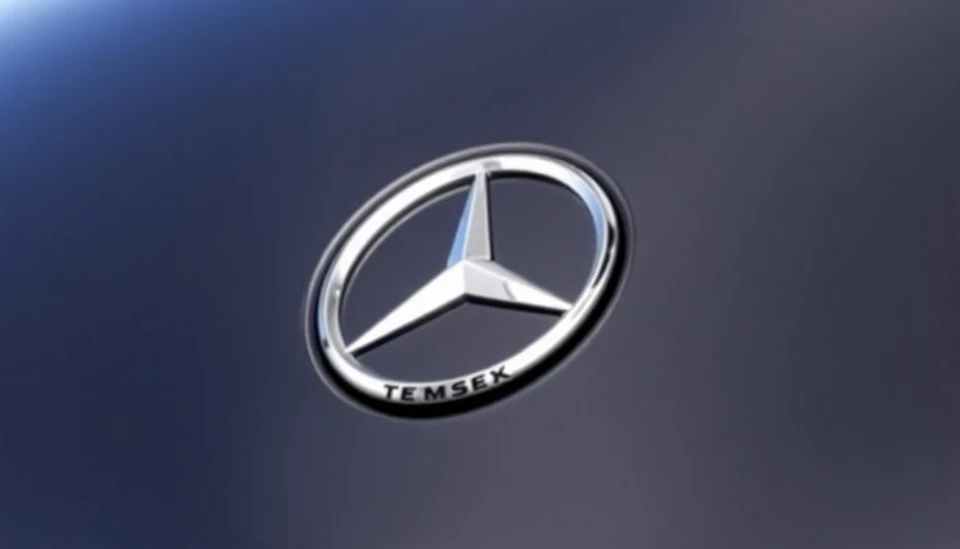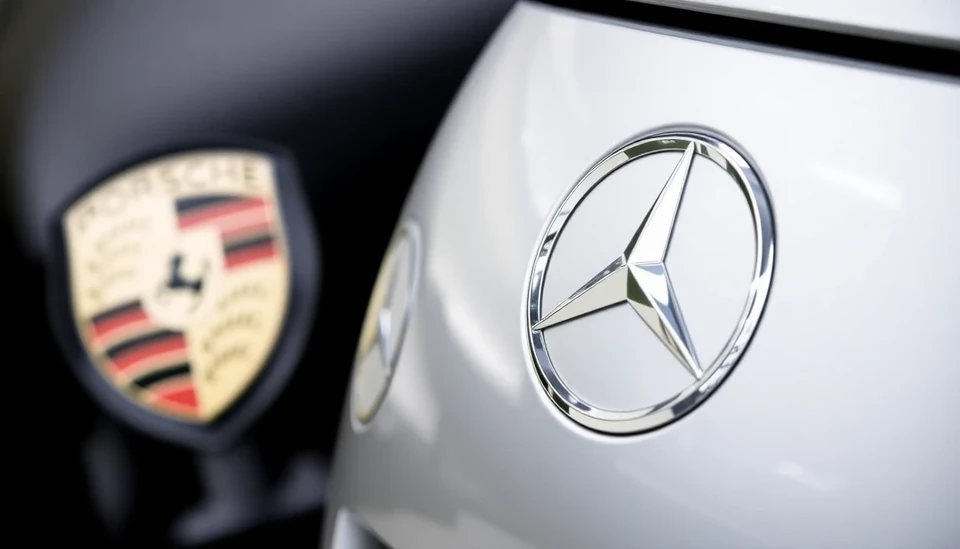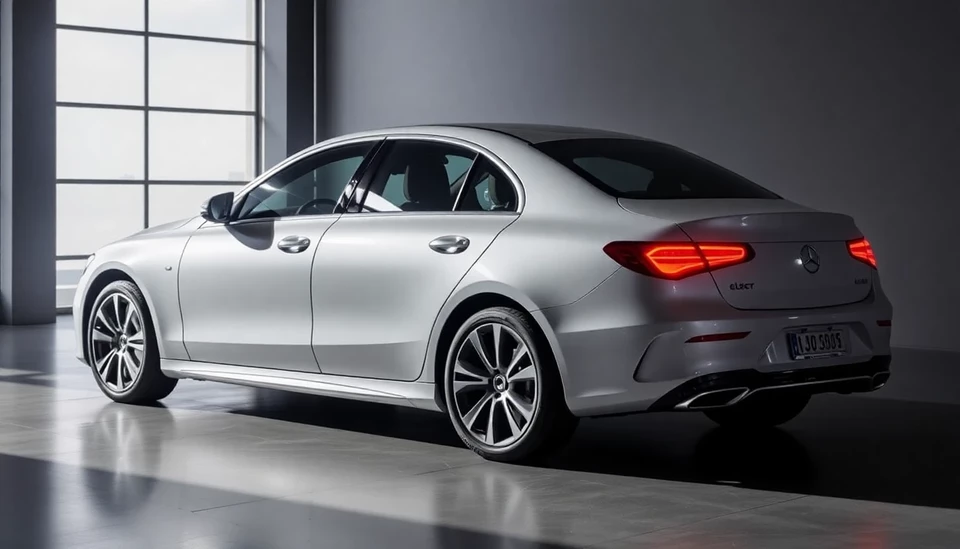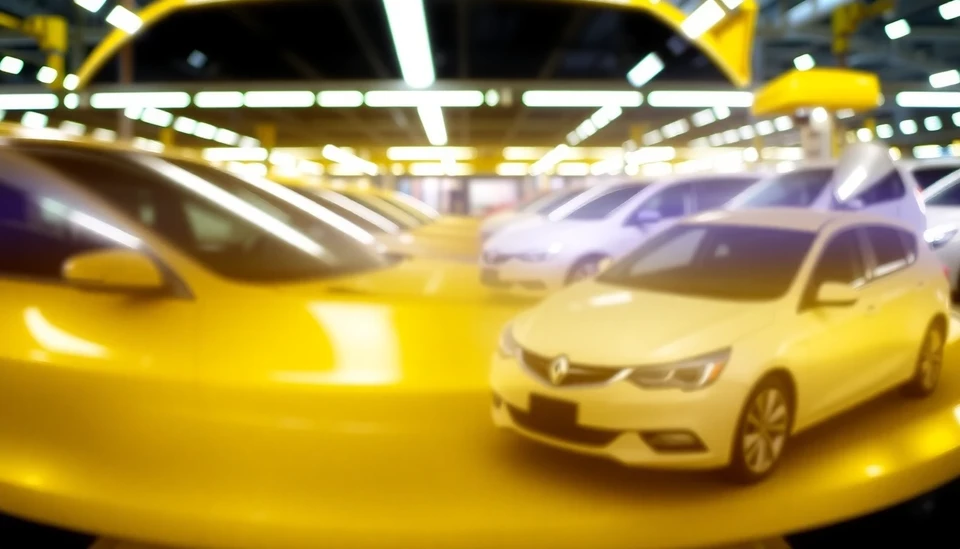
In a recent statement, Mercedes-Benz has voiced an alarming concern regarding the automotive industry's increasing reliance on technology from the United States and China. This reliance poses significant risks for European manufacturers as they navigate an ever-changing global market. The comments were made during a press briefing where Mercedes outlined its strategic outlook amidst the competitive landscape, particularly in the electric vehicle (EV) sector.
Mercedes-Benz CEO, Ola Källenius, brought attention to the challenges faced by European carmakers in keeping pace with innovation led by American and Chinese firms, particularly in the realm of electric and autonomous vehicles. As the demand for green technology grows, the capacity to innovate independent of these tech giants becomes crucial for sustaining competitiveness.
Källenius emphasized that reliance on U.S. and Chinese technology could potentially undermine the European automotive industry’s longstanding reputation for engineering excellence and independence. He stated that European companies must invest heavily in their own research and development efforts to reduce dependency on foreign technology providers.
The electric vehicle market, more than ever, requires access to cutting-edge technology for battery production, software development, and vehicle connectivity. As electric vehicles become the norm, European carmakers face intense competition from powerful tech firms that already dominate the software landscape. The ability to integrate software and hardware seamlessly is becoming increasingly critical, and tech giants such as Tesla, Google, and various Chinese manufacturers are at the forefront of this evolution.
Moreover, Mercedes pointed out that the strategic shift of moving towards electrification is not merely a trend but a necessity for survival. This is particularly urgent as European governments enforce stricter emission regulations aimed at curbing climate change. As such, European automakers are under pressure to enhance their technological capabilities and potentially collaborate with tech companies, while also safeguarding their independence.
The situation has led some industry experts to warn that if European manufacturers do not adapt quickly, they might risk losing substantial market share. An over-reliance on external technology sources might also lead to vulnerabilities in supply chains and uncertainty in production capabilities, jeopardizing both operational efficiency and consumer trust.
To combat this trend, Källenius called for a more unified approach within the European automotive sector, urging collaboration among car manufacturers, technology firms, and governments to foster innovation and create a supportive ecosystem for advancing the industry. He remarked that leveraging European engineering capabilities and technology expertise is essential to developing a sustainable automotive future.
In conclusion, the comments from Mercedes-Benz add to the growing discourse about the urgent need for European automotive companies to reclaim their technological sovereignty. As the race to dominate the electric vehicle market heats up, these companies must pivot swiftly to ensure they remain relevant amidst the competition from powerful American and Chinese entities.
#MercedesBenz #ElectricVehicles #EUAutomakers #TechDependence #Innovation #OlaKällenius #AutomotiveIndustry #Sustainability
Author: Samuel Brooks
